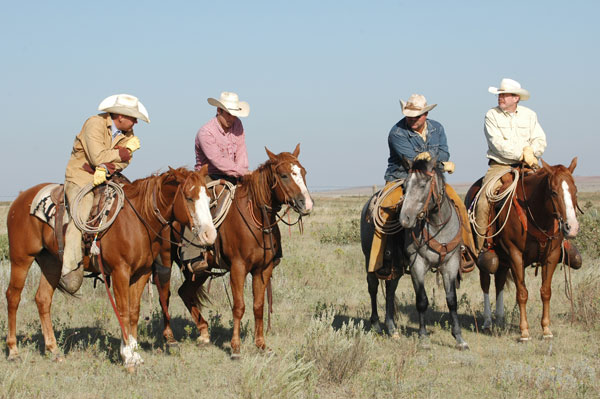Here’s how to make sure you and your unique assets properly covered with the right insurance.
September 5, 2019

By Jim Craig
It has been a long summer on the farm. Still, you always walk the fence before sundown to make sure there are no breaks. But this evening, you are distracted with another task and lose track of time.
As you finish your work and make your way back to the tractor to drive it into the barn, you hear one of your employees cry out for help. It turns out the north end of the fence had an opening and one of your bulls escaped. While the employee was trying to corral him back into the barn, the bull stepped on his foot and broke it.
As if this isn’t bad enough, now your employee can’t work until his foot heals, and you don’t have the right employee insurance coverage to help with the expenses.
Maybe it’s not a loose bull on the farm, but unfortunately hundreds of farmers find themselves in similar situations each year.
Farmers, like owners of all organizations, must take time each year to evaluate risk. Every agribusiness is a combination of physical assets and what are described as unique assets. Physical assets are real property such as land, buildings and personal property such as machinery, trucks, mobile equipment.
Unique assets are management, employees, products, etc. When making comparisons between farms, it usually comes down to evaluating their unique assets. Do they have successful farming tactics? Knowledgeable employees? Good management?
Once you have evaluated your risk, it’s time to decide on the most practical type of insurance coverage for your needs. In this case, we’re going to focus on the unique asset of employees. When considering employee coverage, you traditionally have two insurance options: employer’s liability insurance or workers’ compensation.
Which is right for you? Employer’s liability insurance vs. workers’ comp
If your farming operation is not labor intensive and your employees only work part time and/or complete light-labor activities, you may be able to get away with employer’s liability coverage. But that approach carries risks.
Under an employer’s liability policy, you are only covered for the amount you are legally obligated to pay should an employee file a lawsuit against you – nothing more. A more comprehensive policy with workers’ compensation coverage covers you for everything.
For example, if an employee is injured on-site and you have workers’ compensation, your policy covers payroll and 100% of medical claims, including longer term care or rehab; medical devices and more – there is no limit to what you can spend in reimbursement to the injured employee. With employer’s liability, you could be on the hook for some of these costs out of pocket.
Generally speaking, workers’ compensation is a state-mandated coverage for employees that incur work-related injuries or illnesses while on the job. Workers’ compensation coverage also changes from state to state, which is important to keep in mind, especially if your business has operations nationwide.
Workers’ compensation, though dependent on your production size and day-to-day activities, is a more inclusive coverage option.
Although workers’ compensation has more demands and can be more expensive, it can protect you better in the long run. For example, if an employee becomes injured on the job, workers’ compensation will often cover you through a long, expensive process.
It is always good to have workers’ compensation, even though it is not required in the agriculture industry. With workers’ compensation, you eliminate the possibility of putting your farm in jeopardy.
The risk management approach exists to determine your production risks and how they should be handled. However, it is a fact of life that farming and agribusiness operations must rely completely on insurance to protect them from the wide range of risks they face. In the agricultural industry, everything is driven by the cost of doing business. That is why you must act now and make sure you are properly covered.
Jim Craig is chief underwriting officer and board chairman at James Allen Insurance, Carmel, Ind. Source: James Allen Insurance, which is solely responsible for the information provided and is wholly owned by the source. Informa Business Media and all its subsidiaries are not responsible for any of the content contained in this information asset.
You May Also Like



